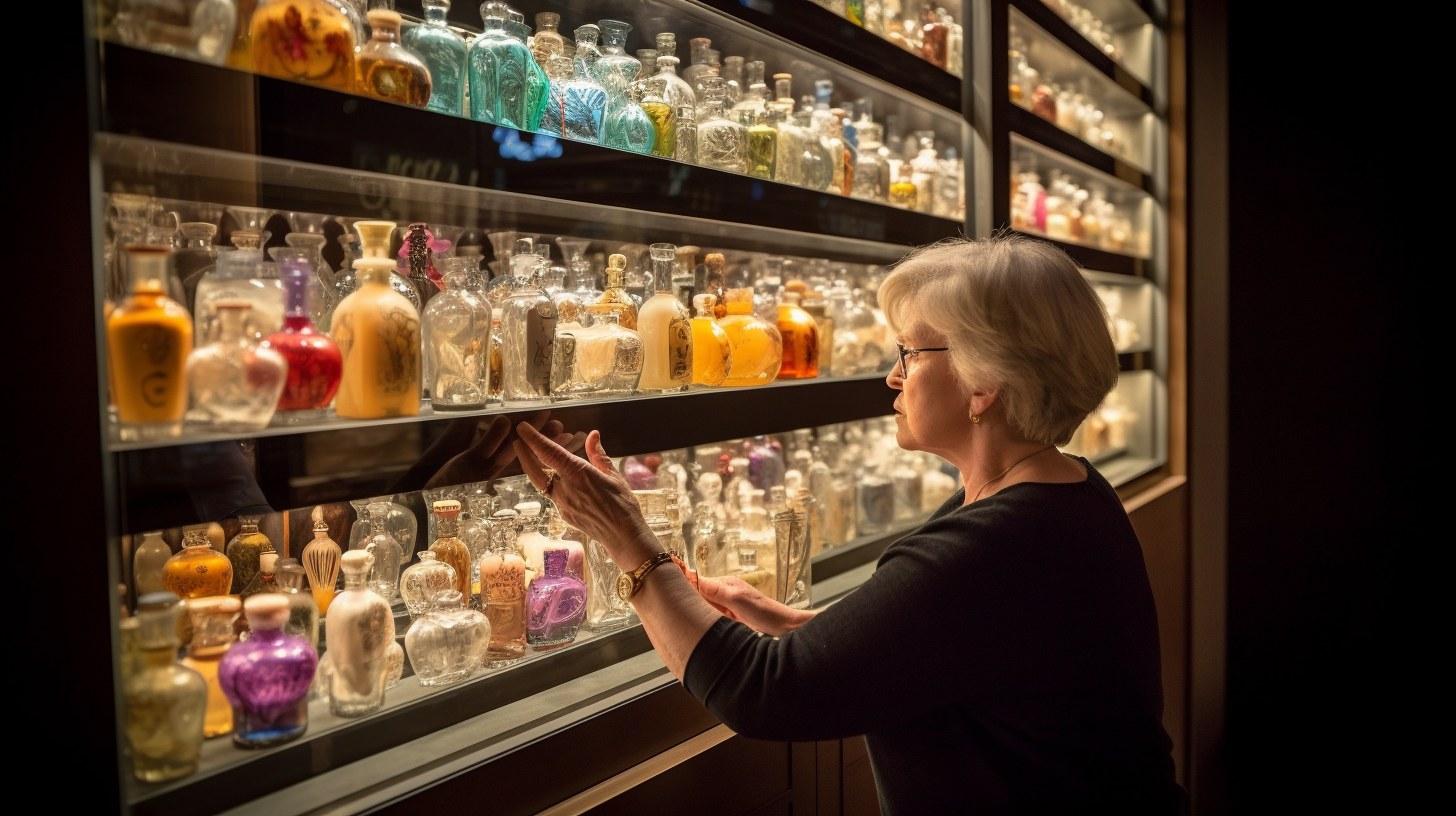Unlocking the Mystery: The Fascinating Process of Fragrance Creation
Have you ever wondered how fragrances are made? The process of creating a new fragrance is a complex and fascinating one. From selecting the right ingredients to blending them in the perfect proportions, fragrance creation is both an art and a science. In this blog post, we’ll take a closer look at the process of fragrance creation, including the ingredients used, the chemistry behind scent manufacturing, and the challenges involved in creating unique and long-lasting fragrances.
The Ingredients Used in Fragrance Creation
The first step in the fragrance creation process is selecting the right ingredients. Fragrance oils are typically made up of a blend of synthetic or natural ingredients that are carefully selected to create a specific scent profile. These ingredients can include essential oils, aroma chemicals, and other natural or synthetic compounds.
Essential oils are derived from plants and can be used to add natural scents to fragrances. Common essential oils used in fragrance creation include lavender, bergamot, and vanilla. Aroma chemicals are synthetic compounds that mimic natural scents. They’re often used in combination with essential oils to create more complex fragrances.
Other common ingredients used in fragrance creation include fixatives, which help to stabilize and preserve the scent; solvents, which help to dissolve other ingredients; and diluents, which help to adjust the strength of the fragrance.
The Chemistry Behind Scent Manufacturing
The chemistry behind scent manufacturing is complex but fascinating. Fragrances are created by blending different aroma chemicals together in specific proportions. These chemicals interact with each other to create new scents that may be quite different from their individual components.
One of the most important factors in creating a successful fragrance is understanding how different aroma chemicals interact with each other. Some aroma chemicals may enhance or amplify certain notes within a fragrance, while others may mask or overpower them. Skilled perfumers are able to balance these different aroma chemicals to create a well-rounded and harmonious fragrance.
Another important factor in fragrance creation is the volatility of the aroma chemicals. Some chemicals evaporate quickly, while others linger on the skin for longer periods of time. Perfumers need to carefully consider the volatility of each ingredient and how it will interact with other ingredients in the fragrance.
The Challenges of Fragrance Creation
Creating a new fragrance can be a challenging process. One of the biggest challenges is creating a scent that’s both unique and appealing to consumers. With so many fragrances on the market, it can be difficult to come up with something truly original.
Another challenge in fragrance creation is achieving longevity. Fragrances need to last for several hours on the skin without becoming overwhelming or unpleasant. This requires careful balancing of different aroma chemicals and fixatives.
Finally, regulatory challenges can also impact fragrance creation. Many countries have strict regulations around the use of certain ingredients in fragrances. Perfumers need to be aware of these regulations and ensure that their fragrances comply with all relevant laws and guidelines.
The Art and Science of Fragrance Creation
Despite the challenges involved, fragrance creation is both an art and a science. Perfumers need to have a deep understanding of chemistry and scent manufacturing, as well as an artistic sensibility when it comes to creating new fragrances.
One way that perfumers approach fragrance creation is by starting with a concept or inspiration. This could be anything from a memory or emotion to a specific ingredient or location. From there, they’ll begin blending different ingredients together until they’ve created something that matches their vision.
Another approach is to use modern technology to aid in fragrance creation. Computer programs can analyze the chemical composition of different fragrances and make recommendations for new combinations or modifications.
Conclusion
The process of fragrance creation is complex and fascinating. From selecting the right ingredients to blending them in the perfect proportions, fragrance creation requires both scientific knowledge and artistic skill. Despite the challenges involved, perfumers continue to create new and exciting fragrances that captivate consumers around the world.
If you’re interested in learning more about fragrance creation, consider taking a course or reading books on the subject. With a little bit of knowledge and creativity, you could be on your way to creating your own unique fragrances.




